Main | Training | Nutrition | Supplements | Day 1
Supplements will never replace a great diet and hard training. But taken strategically, they can help you take both of those essential ingredients and make them slightly more effective.
Supplements can help fill the nutritional gaps in your diet—no matter if it's a macronutrient like protein or a micronutrient like a vitamin or mineral. It can help you meet an ambitious protein target with minimal inconvenience, while also helping you maximize recovery between workouts. Those two benefits can definitely mean greater muscle gains and fat loss over time.
It's easy to get confused by the massive selection of sports and dietary supplements on the market. When this is the case, the best choice is to go simple and stick with the essentials.
Essentials
Whey Protein
If there's one thing you can do to help your nutrition support your intense training, it's this: consume more protein. It's the only major nutrient that stimulates muscle protein synthesis, the process by which your body repairs and grows muscle. And on today's (virtual) supplement shelves there are seemingly endless options for where you can get your protein: dairy, egg, chicken or other animal sources, or vegetable sources like soy, rice, hemp, or a blend of multiple protein types.
Yes, you can simply eat more whole-food protein. That works just fine—if it's an option. But for many reasons—expense, convenience, schedule, you name it—it's often not. The solution is to eat what you can, and then add a protein shake or two on top of it.
Dose: 1-2 shakes of 25-50 grams per day, especially on training days
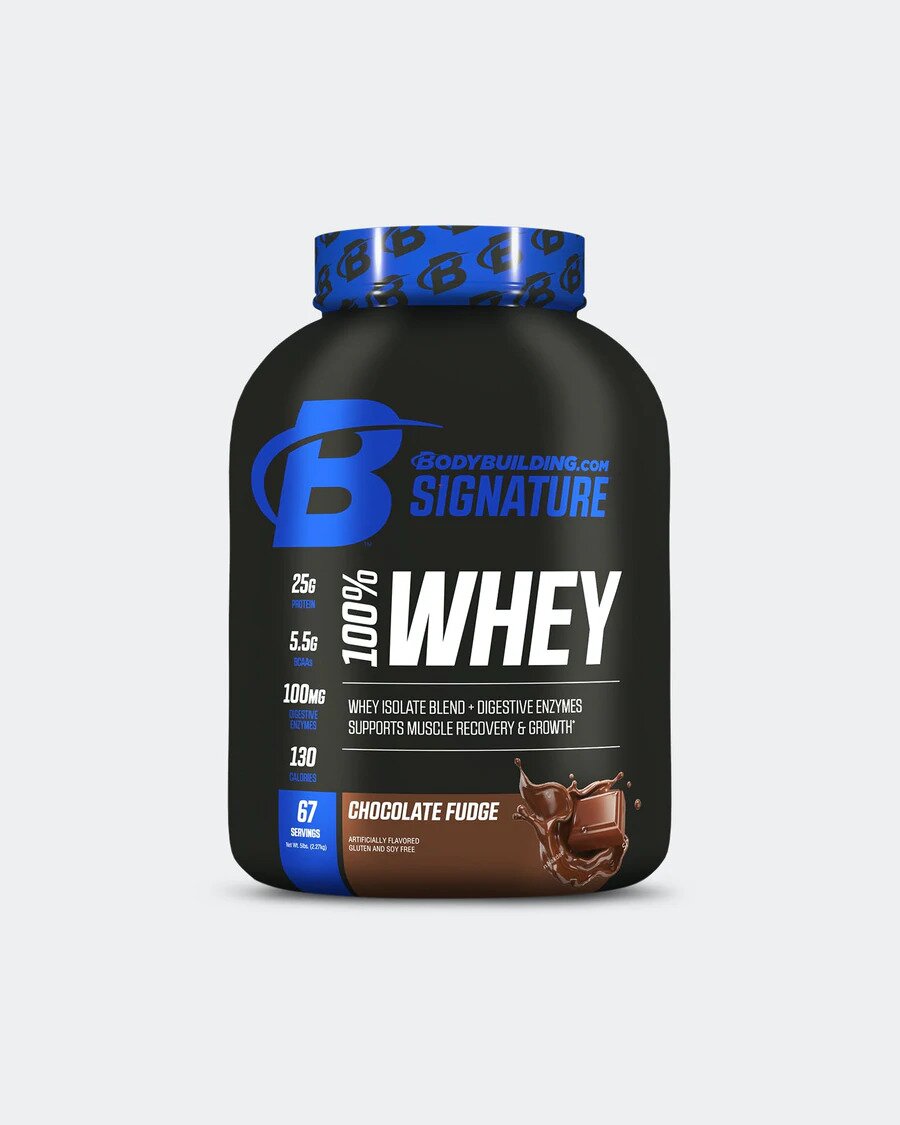
Multivitamin
Hard-training athletes need more nutrients in their diets than sedentary people. And this doesn't change when the goal is to lose weight! If anything, getting adequate nutrients is even more important when you're burning more calories than you're taking in. A good multivitamin, along with a balanced diet, can help provide your micronutrient requirements. It's not magic, but it's a solid tool to have in your arsenal.
Start your day with a comprehensive multivitamin-mineral supplement to fill any gaps left in your whole-food diet by providing a full array of micronutrients. A multivitamin supports your overall health and wellness, may boost your energy levels, and can help your muscles recover from your workouts.*
The best time to take a multivitamin is in the morning, but some products will suggest a serving in the morning and at lunch. Always follow the label for maximum results.

Fish Oil
Fish oil and other essential fatty acid supplements are extremely beneficial for overall health and wellness. Essential fats are called "essential" because your body can't produce them on its own, which means they must be obtained from diet or supplements. Essential omega-3 fats, like those found in fish oil, provide a wide array of health benefits. They may support your fat-loss efforts; support normal, healthy immune function; and support heart, brain, vision, and joint health.*

Optional Performance Boosters
Pre-Workout
Pre-workout supplements can help boost your energy and performance in the gym. They typically contain science-backed performance-boosting ingredients like creatine, beta-alanine, caffeine, and nitric oxide boosters to help you feel the "pump" in high-rep workouts. These ingredients can help you train harder and get the most out of every workout.*
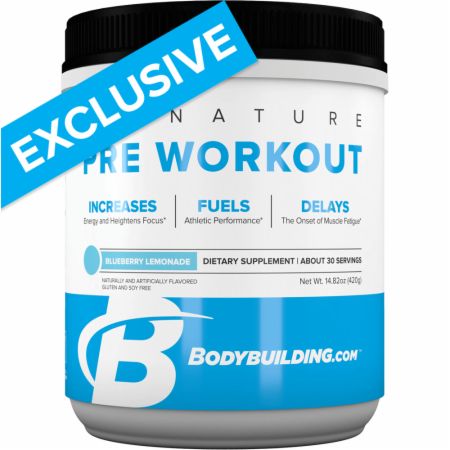
Creatine
Daily creatine supplementation can improve strength and power output and performance during lifting and interval-style work. It can also help training result in greater muscle and strength gains.*
Despite what lifters and athletes told one another once upon a time, you don't have to follow an intensive 1-2 week "loading protocol" to see these benefits. Just 5 grams a day will get you the same benefits over time. But here's the kicker: For creatine to work, you have to take it daily for weeks—or even better, months—at a time.
Dose: 5 grams daily, mixed in a protein shake or beverage of your choice
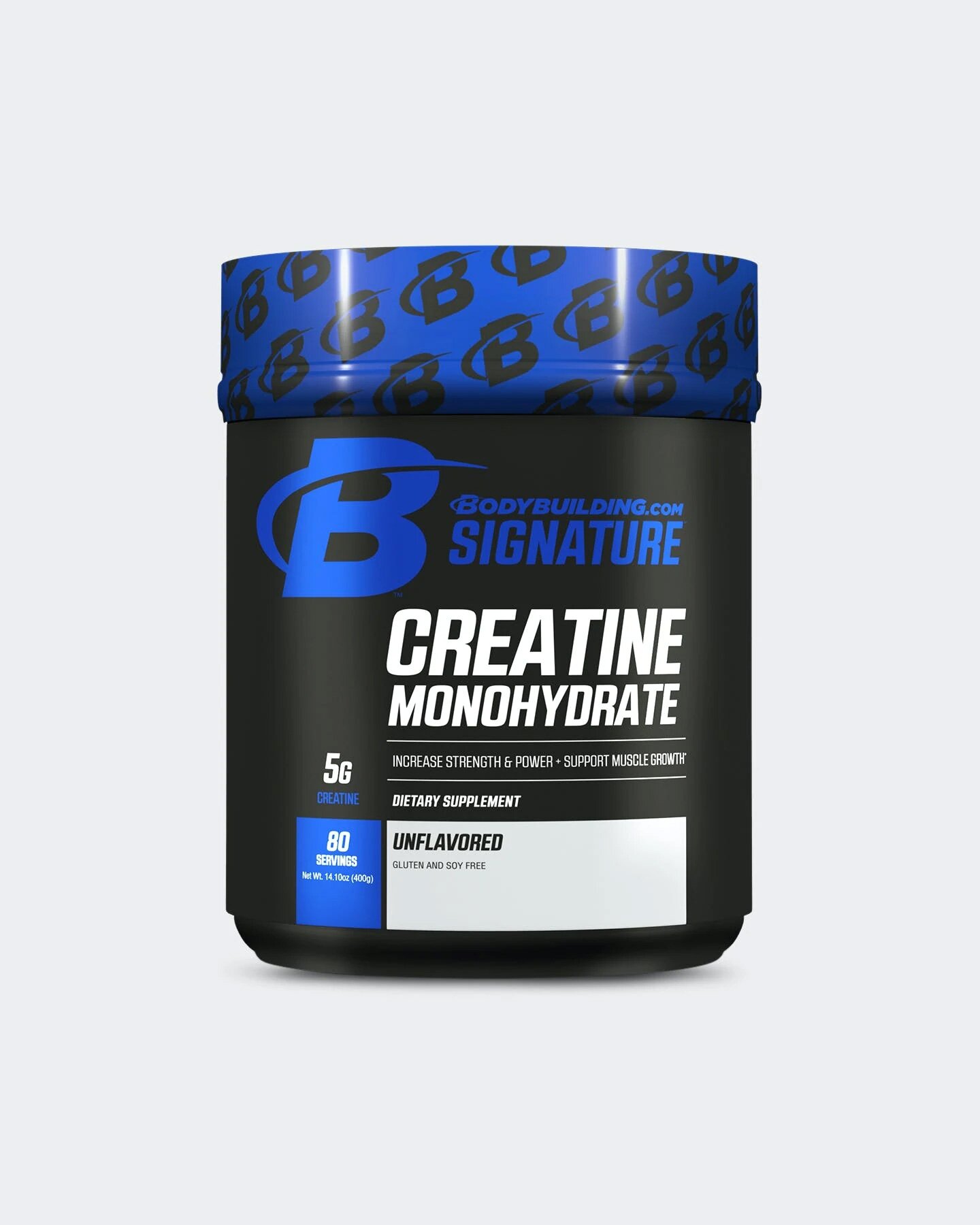
BCAAs
Made up of three essential amino acids—leucine, isoleucine, and valine—branched-chain amino acids or "BCAAs," promote growth and recovery.* A 2:1:1 ratio delivers more muscle-building leucine. The best amino acid blends also include electrolytes and other performance and recovery-enhancing ingredients, making them a favorite for lifters to sip during a workout, or any other time of day.
Dose: 5-6 grams, mixed with water, as needed throughout the day
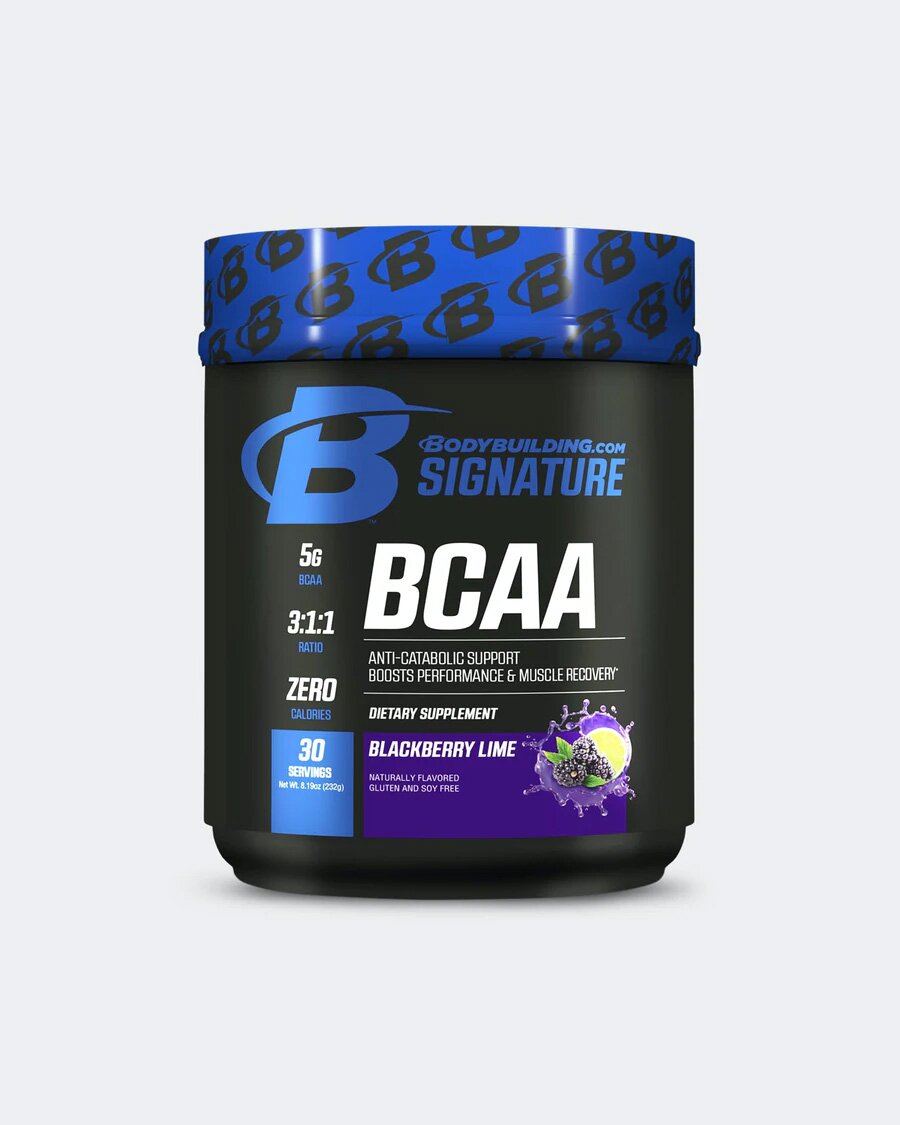
Protein Bars
Protein bars are more popular than ever, but that doesn't mean that they're all worth your precious time, money, or calories! Sure, some are a good alternative to candy bars, but others are basically, well, candy bars—just with a little more good stuff in them to go along with the bad.
Read the labels of any protein bar you consider! Some bars are very high in sugar and fat, and they might even have more calories than a candy bar. But a well-made, protein-rich bar can help kill cravings, keep your nutrition on track, and give you the protein you need wherever you are.
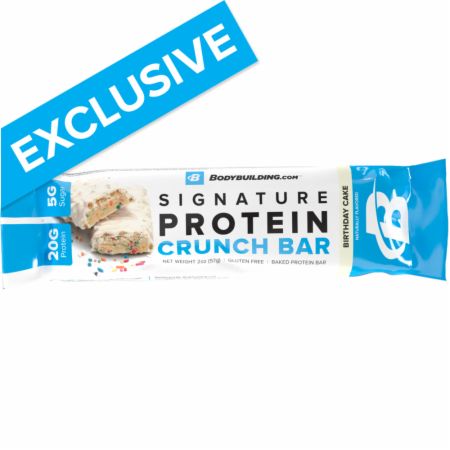
Main | Training | Nutrition | Supplements | Day 1
*These statements have not been evaluated by the Food and Drug Administration. This product is not intended to diagnose, treat, cure, or prevent any disease.

